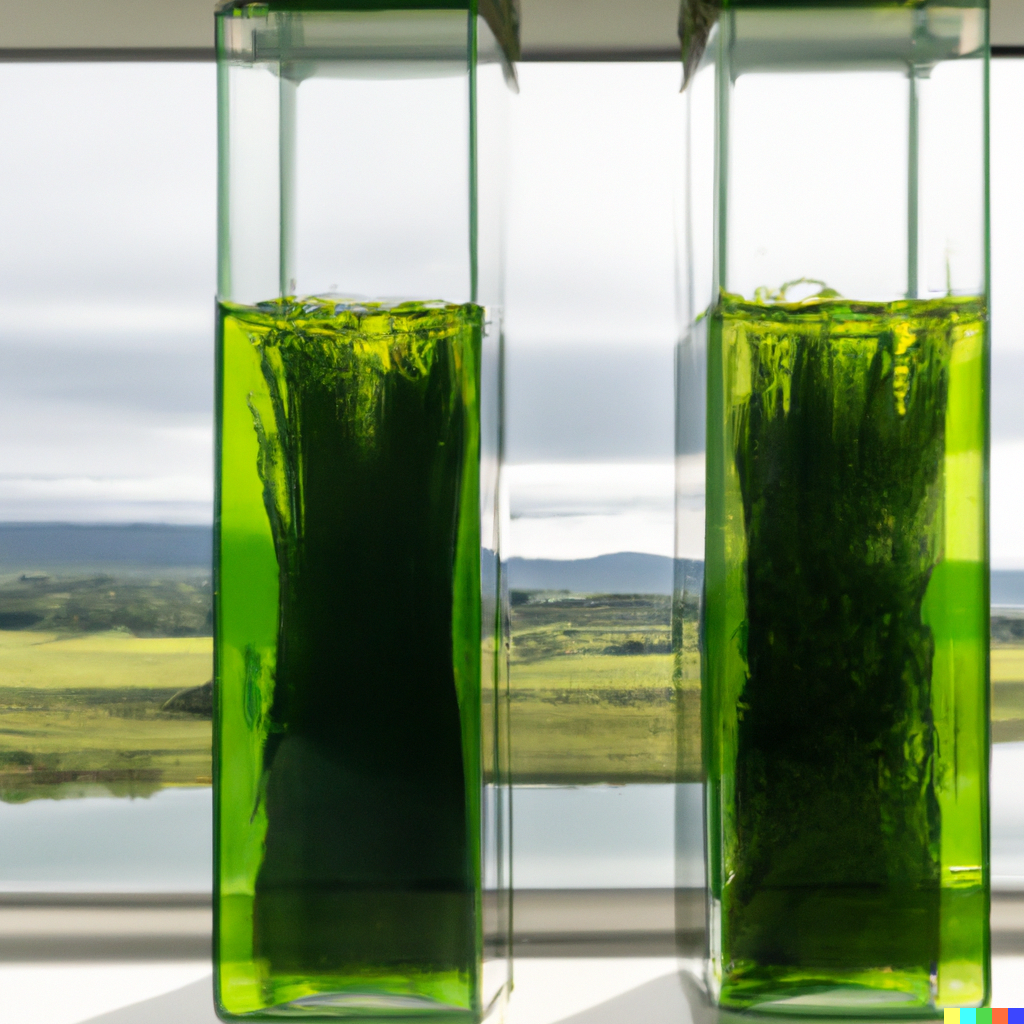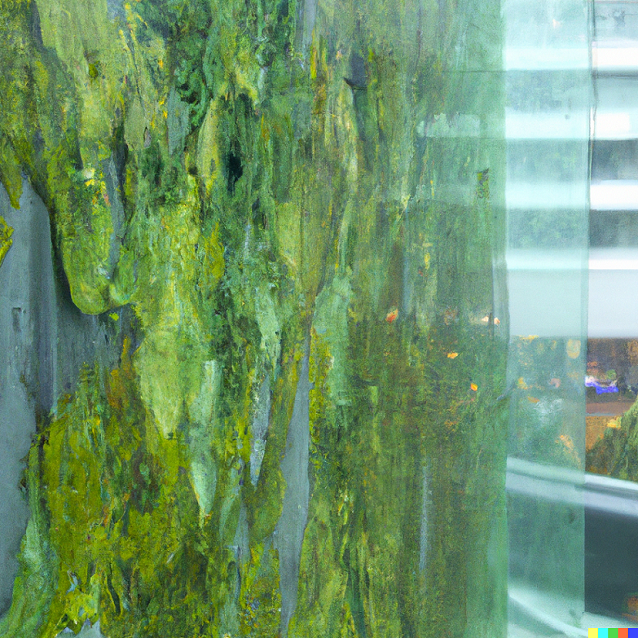Algae-Based CO2 Capture: Unlocking the Potential of Biomass

As concerns over climate change continue to mount, reducing greenhouse gas emissions has become an urgent priority. One promising approach is to capture CO2 from the air and store it in a secure and sustainable way. Algae-based CO2 capture is a technology that has gained traction in recent years, offering a viable and efficient solution to the problem.
At Sinodos Chemistry, we have been working on a project that investigated the options for algae biomass created during CO2 capture. Our research focused on finding sustainable and economically viable uses for this biomass, which can be a valuable resource in its own right. We explored several different approaches, including biofuels manufacturing, nutrients creation, composite manufacturing, and bioplastics creation.

Biofuels Manufacturing: The Need for Sustainable Energy Sources
One of the most promising applications of algae biomass is in the production of biofuels. Algae are incredibly efficient at converting sunlight and CO2 into organic matter, making them an ideal feedstock for biofuels. Our research found that biofuels made from algae have the potential to reduce greenhouse gas emissions significantly and provide a sustainable source of energy.
For example, according to the US Department of Energy, algae-based biofuels have the potential to produce up to 60 times more energy per unit area than traditional biofuels made from crops like corn or soybeans. In addition, algae-based biofuels can reduce greenhouse gas emissions by up to 70%, compared to traditional fossil fuels.
Nutrients Creation: Improving Soil Health and Fertility
Algae biomass is also a rich source of nutrients, including nitrogen, phosphorus, and potassium. These nutrients are essential for plant growth and can be used to improve soil health and fertility. Our research found that the use of algae-based fertilizers can reduce the need for synthetic fertilizers and improve crop yields, while also reducing the environmental impact of agriculture.
For example, according to a study published in the journal Algal Research, algae-based fertilizers can improve soil quality, increase crop yields, and reduce the use of synthetic fertilizers by up to 50%. This has important implications for sustainable agriculture and food security, particularly in regions where soil quality is poor or where synthetic fertilizers are too expensive.

Composite Manufacturing: Creating Strong and Lightweight Materials
Another application of algae biomass is in the manufacturing of composites. Algae-based composites have the potential to be strong, lightweight, and eco-friendly, making them ideal for a wide range of applications, from construction to aerospace. Our research found that algae-based composites have similar properties to traditional composite materials, but with a much lower carbon footprint.
For example, according to a study published in the Journal of Cleaner Production, algae-based composites can reduce the carbon footprint of construction materials by up to 80%, compared to traditional materials like concrete and steel. In addition, algae-based composites are biodegradable and can be recycled, reducing waste and pollution.
Bioplastics Creation: Reducing Plastic Waste and Pollution
Algae biomass can also be used to create bioplastics, which are biodegradable and renewable alternatives to traditional plastics. Our research found that algae-based bioplastics have the potential to significantly reduce plastic waste and pollution, while also providing a sustainable and eco-friendly source of materials.
For example, according to a study published in the journal Renewable and Sustainable Energy Reviews, algae-based bioplastics can reduce the carbon footprint of plastic production by up to 70%, compared to traditional plastics made from fossil fuels. In addition, algae-based bioplastics are biodegradable and can be recycled, reducing the environmental impact of plastic waste.
Key findings and outcome:
Our research has shown that algae-based CO2 capture has the potential to not only reduce greenhouse gas emissions but also provide valuable biomass for a variety of applications. From biofuels to composite materials, algae-based products have the potential to revolutionize many industries and pave the way for a more sustainable future.
At Sinodos Chemistry, we are committed to developing innovative solutions to the world's most pressing environmental challenges. Our work on algae-based CO2 capture is just one example of how we are using science and technology to create a more sustainable and resilient world.
If you are a high-tech start-up looking to reduce your carbon footprint or a company interested in sustainable manufacturing practices, we can help. Our team of experts can provide customized solutions tailored to your needs, from carbon capture technologies to sustainable materials development.
Together, we can unlock the full potential of algae-based CO2 capture and create a more sustainable future for generations to come.
